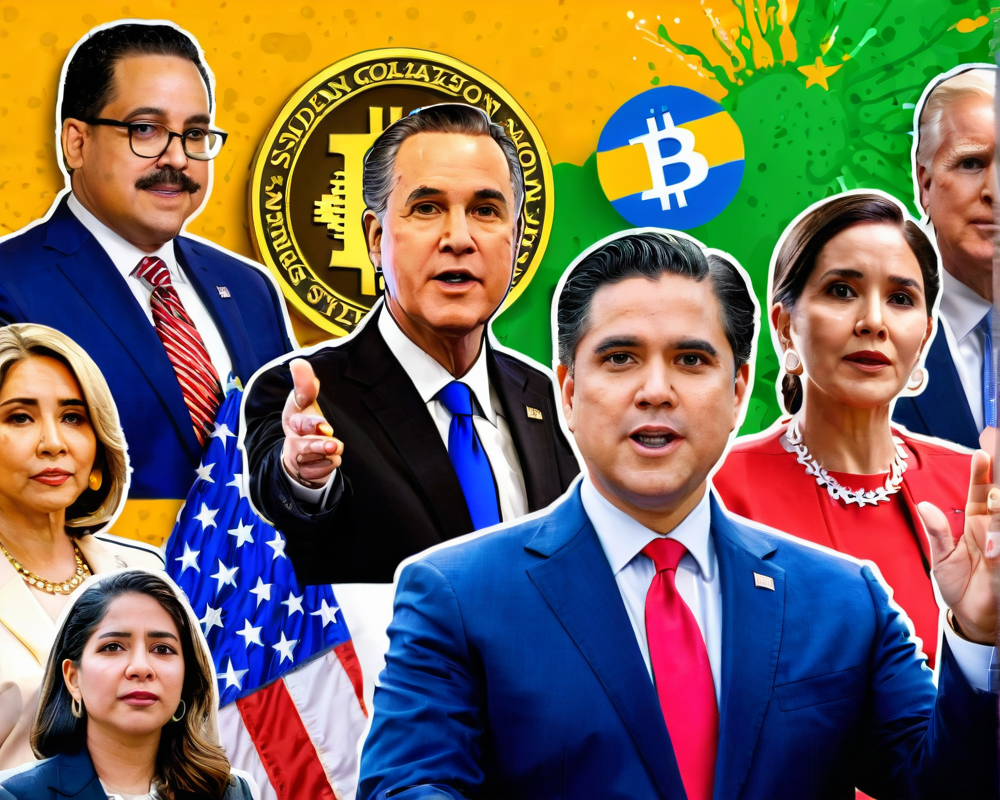Bipartisan Action on Bitcoin Risks
A bipartisan group of U.S. senators has officially joined forces to introduce legislation addressing concerns linked to El Salvador’s decision to accept Bitcoin as legal tender. The proposed Accountability for Cryptocurrency in El Salvador Act (ACES) aims to tackle perceived risks to the U.S. financial system, particularly the fears of money laundering and terrorism funding.
Key Sponsors of the Bill
The bill, introduced by Senators James Risch and Bill Cassidy, with support from Bob Menendez, reflects a growing unease regarding digital currencies. Senator Risch, in a statement this Wednesday, articulated the core concern: “El Salvador’s adoption of Bitcoin as legal tender raises significant concerns about the economic stability and financial integrity of a vulnerable U.S. trading partner in Central America.” Cassidy echoed his sentiments, cautioning that recognizing Bitcoin could potentially create an environment ripe for money laundering cartels to thrive, compromising U.S. interests.
Federal Oversight on Cryptocurrency
If ACES gains traction and passes into law, federal agencies will have 60 days to analyze El Salvador’s cybersecurity measures and financial integrity. A thorough report will be generated, focusing on several critical aspects:
- El Salvador’s development and implementation of the Bitcoin Law.
- Strategies to mitigate financial integrity and cybersecurity risks linked to digital assets.
- Compliance with Financial Action Task Force regulations.
- Impact assessment on individuals and businesses.
- Overall influence of cryptocurrency on El Salvador’s economy.
Delving into the Digital Landscape
The second part of the report will delve deeper into El Salvador’s internet infrastructure, examining factors such as:
- The extent of cryptocurrency usage.
- Safekeeping of funds and risks of cyberattacks.
- The rate at which unbanked Salvadorans can access financial services.
The outcomes of this exhaustive assessment will then inform action plans to be enacted by various government agencies based on the report’s findings.
Pushing Back: President Bukele’s Response
In the wake of this legislation, Salvadoran President Nayib Bukele fiercely defended his country’s sovereignty. In a recent tweet, he asserted, “You have 0 jurisdiction on a sovereign and independent nation. We are not your colony, your back yard, or your front yard. Stay out of our internal affairs. Don’t try to control something you can’t control.” It’s clear that he’s not one to back down easily, which leaves us to wonder if the U.S. senators perhaps took a few too many bites from the spicy burrito of digital finance.
El Salvador’s Bitcoin Law Journey
El Salvador passed its Bitcoin Law back in June 2021, making waves by mandating local businesses to accept Bitcoin. Since then, the law has been met with a mixed reception—from domestic lawmakers and international bodies like the IMF, which has consistently urged its repeal.
Yet, proponents argue that this step could usher in a new era of financial liberation for the country.




